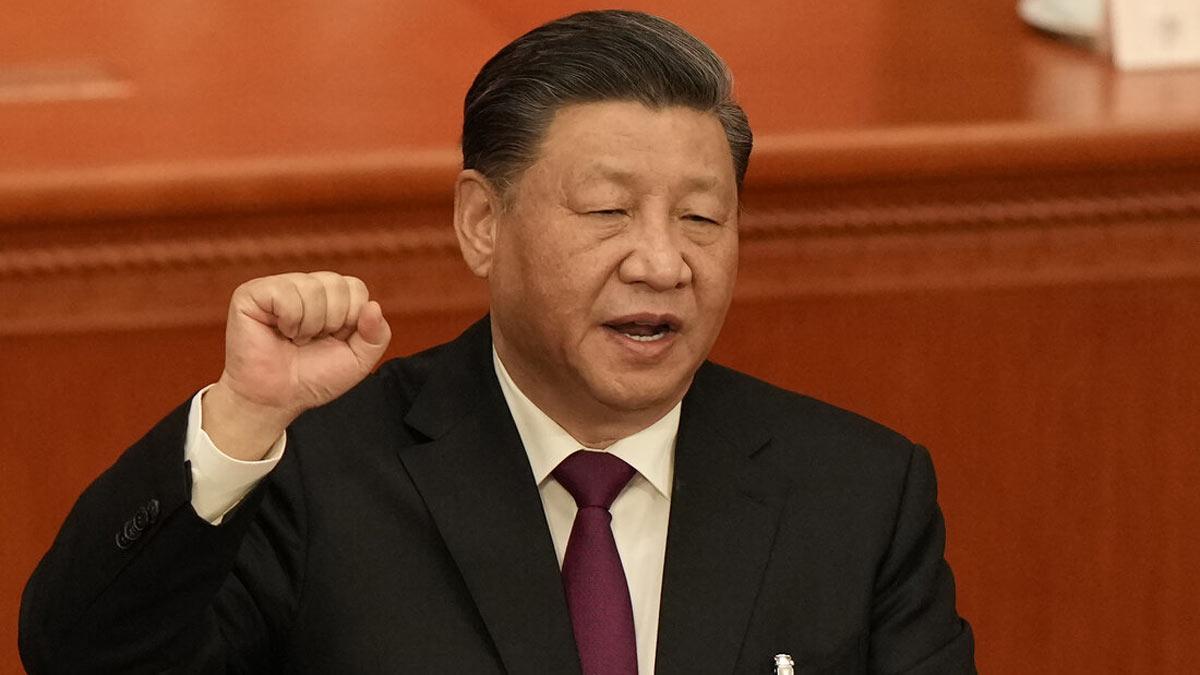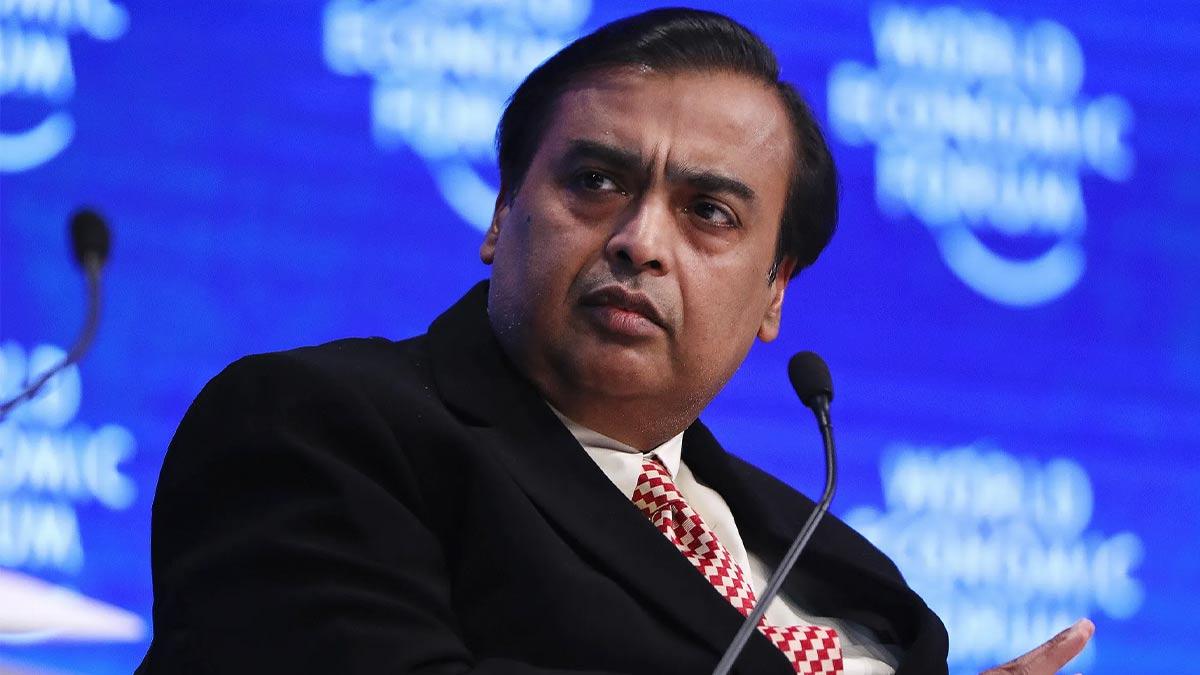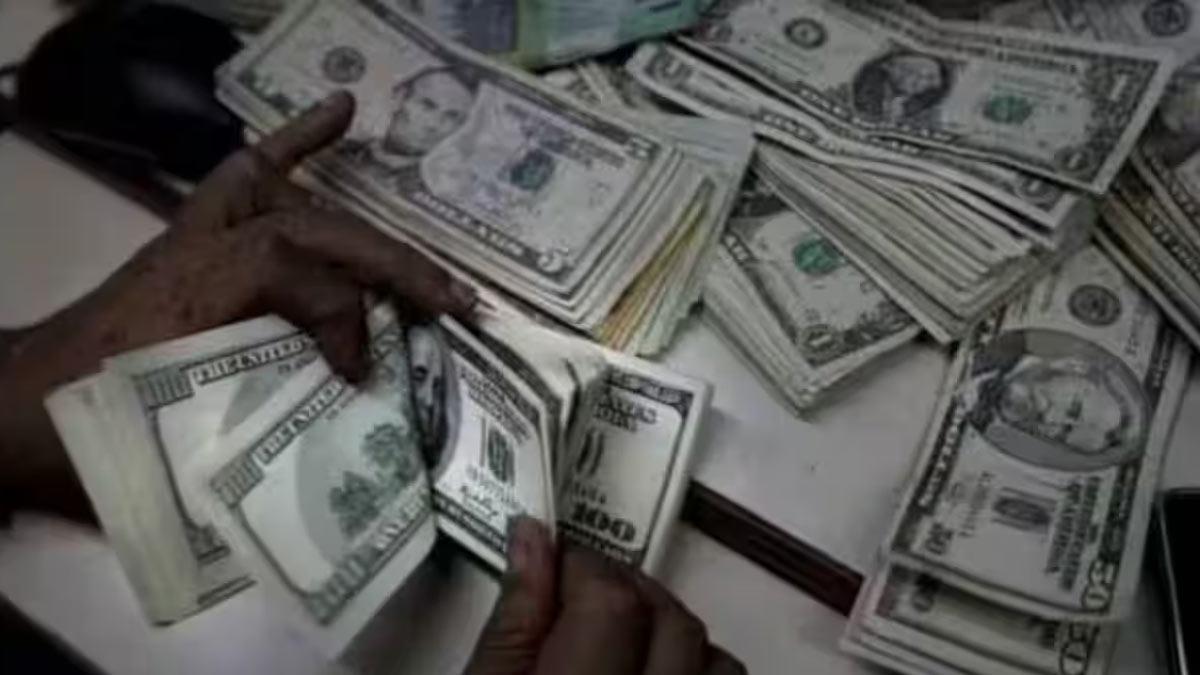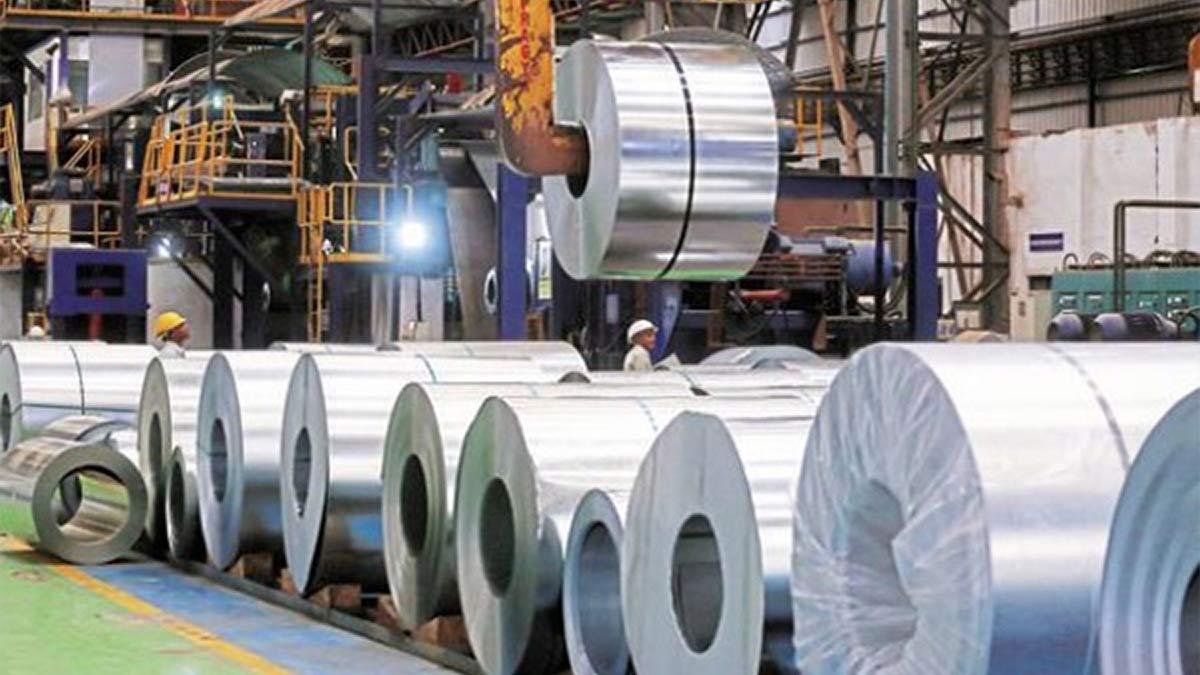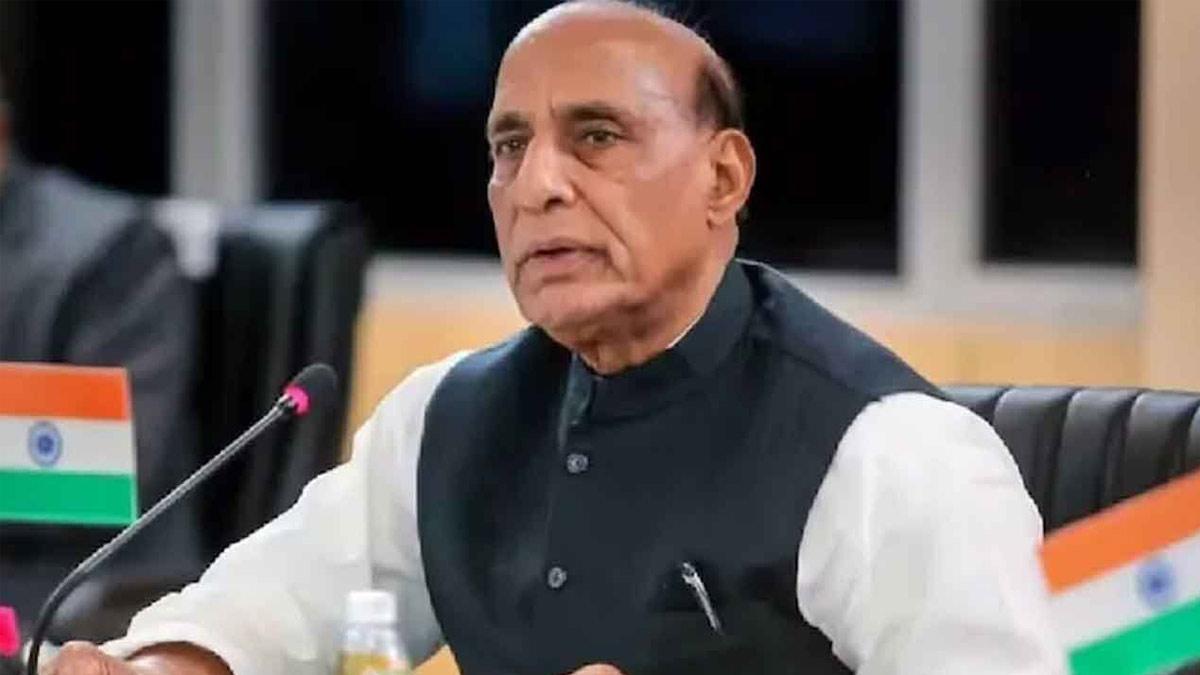A Chinese foreign ministry spokesperson said on Thursday that the U.S. tariff of up to 245 percent against some Chinese products no longer holds economic sense.
The spokesperson continued saying that if the U.S. continues to be obsessed with "tariff numbers," China will decide to disregard such measures, according to Xinhua news agency.
This declaration came after a White House statement which announced that China is hit with tariffs ranging from 245 percent following retaliatory action by Beijing. The tariffs are the result of China's own retaliatory move to past U.S. trade actions, especially after the U.S. levied a tariff of 145 percent on Chinese imports.
The U.S. tariffs came in response to Beijing directing its carriers to stop receiving further Boeing planes in retaliation against the U.S. action. The White House fact sheet further stated that though President Biden is willing to strike a trade deal with China, it looks up to Beijing to make the first move.
Over 75 nations have already begun negotiating for new trade deals. Consequently, individual higher tariffs have been suspended except that of China, which decided to retaliate," the White House statement said.
The U.S. also accused China of suspending exports of critical high-tech materials like gallium, germanium, and antimony, which have potential military uses.
A S&P Global Ratings report this week cautioned that in a trade war, there are no victors, adding that the current tensions between the U.S. and China have the potential to be extremely costly economically and geopolitically. The Asia-Pacific region, which relies so heavily on exports to both the U.S. and China, might suffer, with nations potentially having to take sides or walk a tightrope balancing between the two economic giants.
To counter the effects of tariffs, many Asia-Pacific countries are seeking regional trade blocs and bilateral deals. The initiatives may pick up speed as governments attempt to shift their production sources and supply chains due to the present trade tensions.
As tensions over trade with the U.S. persist, China is exposed to increasing downside risks to its economic growth, especially as worldwide demand for its exports slackens. Its domestic economy is also strained as a result of the lingering real estate crisis, which has reduced confidence and further curbed prospects for growth.
Read also| US Set to Raise Tariffs on Pharmaceutical Products, Targets China First

